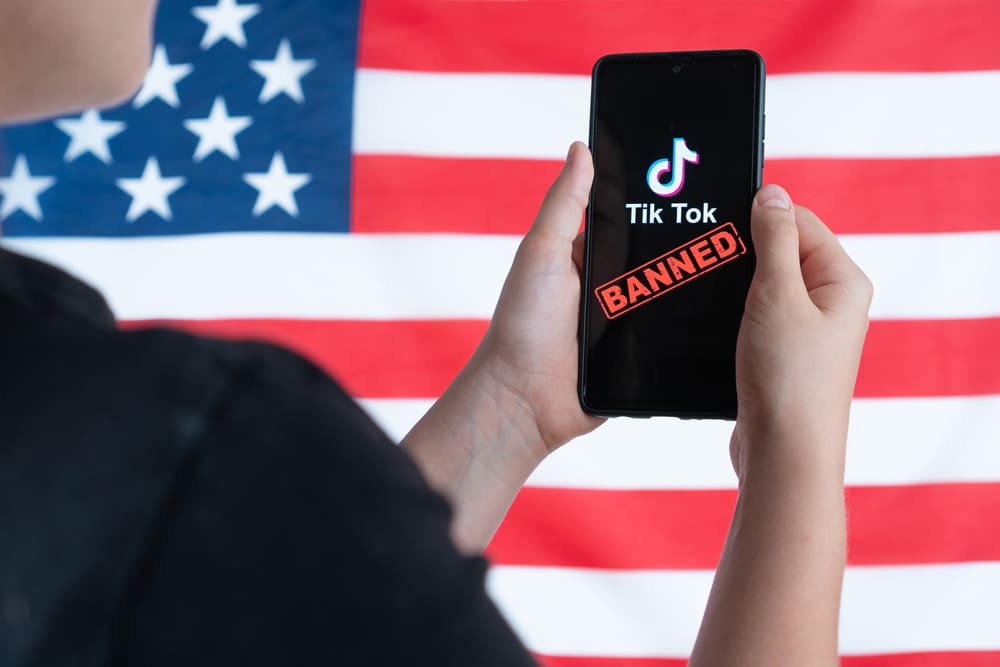The same day that Joe Biden signed a massive foreign military aid bill that includes a provision to ban TikTok for US users, the President’s reelection campaign says it will remain on the platform through this year’s election.
On Wednesday, President Biden signed a $95 billion foreign military aid bill that includes $61 billion for Ukraine, $26 billion for Israel, and billions of dollars for Taiwan. The bill also requires ByteDance to divest its Chinese ownership or face a ban in the US.
“A fragmented media environment requires us to show up and meet voters where they are — and that includes online,” a Biden campaign official told NBC News. “TikTok is one of many places we’re making sure our content is being seen by voters.”
TikTok is used by over half of America’s population, including the President. The account, @bidenhq, has more than 300,000 followers and has posted about 120 videos. Still, Congress voted, and the President signed a law that will eventually ban the app for US users.
While proponents of the law say it does not require the banning of TikTok, experts say ByteDance and Beijing are unlikely to comply with the demands within the nine-month deadline set in the law.
The US government claims that the Chinese ownership of ByteDance presents “legitimate national security concerns with respect to data integrity.” The Biden campaign claims it takes special precautions to protect its data.
However, it is unclear if there is an actual threat. US politicians have cautioned that Beijing could use the platform for influence or intelligence operations. There is no evidence that ByteDance shares the data of its American users with the Chinese government or that Beijing has attempted to utilize the platform to interfere in American politics.
The primary base of TikTok is younger users, a demographic the Biden reelection team is struggling to retain. Many young Americans believe that Israel is committing genocide in Gaza and have condemned Biden for giving Israel military aid without conditions.
The tensions between the President and young voters have flared in recent weeks as college students have started to protest on campus.On Monday, Biden smeared protesters at college campuses around the country opposed to the Israeli slaughter of Palestinians in Gaza as “antisemitic.” “I condemn the antisemitic protests. That’s why I’ve set up a program to deal with that,” Biden told reporters. “I also condemn those who don’t understand what’s going on with the Palestinians.”
While the US government primarily identified the hypothetical Chinese threat as the reason for the ban, politicos have pointed to the overwhelmingly pro-Palestinian message shared by users as the factor that motivated Congress to pass the bill.
Jacob Helberg, a member of a congressional research and advisory panel called the U.S.-China Economic and Security Review Commission, explained, “It was slow going until Oct. 7. The attack that day in Israel by Hamas and the ensuing conflict in Gaza became a turning point in the push against TikTok.”
Helberg said, “People who historically hadn’t taken a position on TikTok became concerned with how Israel was portrayed in the videos and what they saw as an increase in antisemitic content posted to the app.”
The original author of the TikTok ban bill is Rep. Mike Gallagher (R-WI), one of the most outspoken China hawks in Washington and the chair of the House subcommittee on China. He explained that the likelihood of the legislation becoming law has sharply increased because he and other members of the China committee believed the platform was exposing users to too much Pro-Palestinian content.








